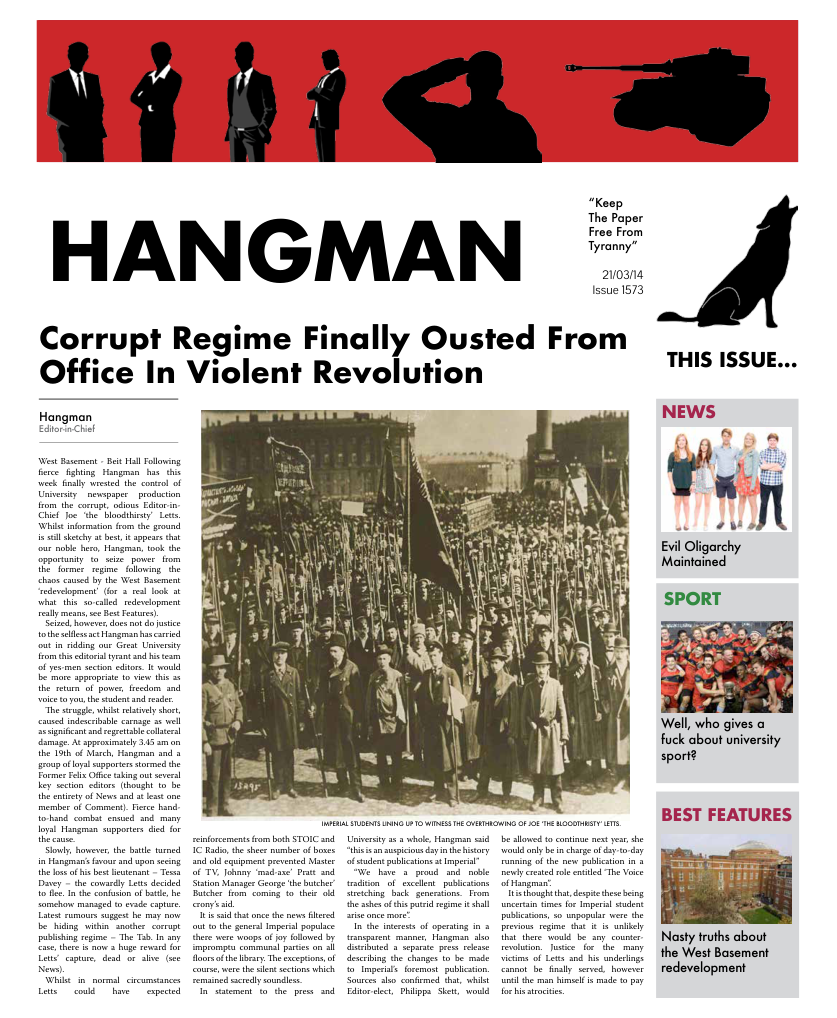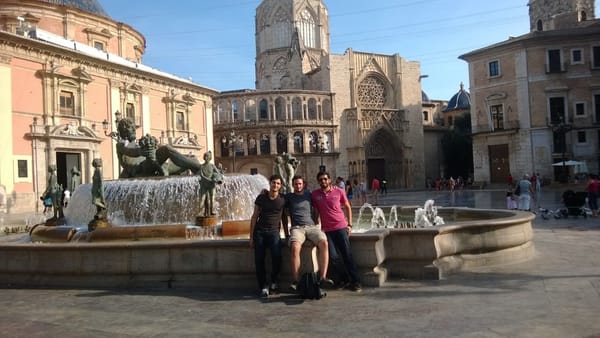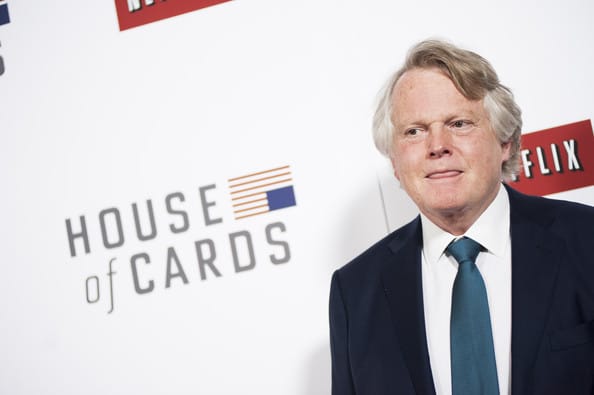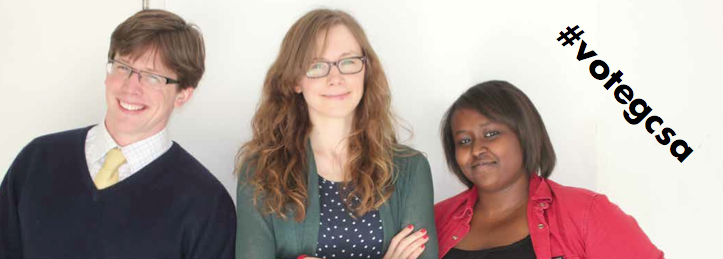The Cancer Envy Campaign
Pancreatic cancer has the lowest survival rate out of the common cancers; only three percent make it past five years, with the majority only making it to 4-6 months after diagnosis.
Pancreatic cancer has the lowest survival rate out of the common cancers; only three percent make it past five years, with the majority only making it to 4-6 months after diagnosis. The campaign aimed to improve public awareness regarding this. Its tagline portrayed how those with pancreatic cancer wished they had other types which have better survival rates and well researched treatment options hence the named ‘envy’ campaign. Kerry, a sufferer herself, said she honestly wished she had breast cancer. She pushed for pancreatic cancer to gain more attention and in consequence more funding for research to help people like her, which is definitely positive and to be applauded. However, the comparing of different cancers is a controversial concept, which evoked strong opinions, especially from those with the identified ‘preferable’ cancers like breast cancer.
Pancreatic cancer doesn’t result in symptoms until its late stages of development, when it can cause the unspecific symptoms of upper abdominal pain that intermittently spreads to the back, weight loss, jaundice and diabetes. These are important to spot early on, report to a doctor and if necessary obtain adequate medical attention to slow its relatively rapid progression and raise its poor survival rates. So of course the public need to be informed about it.
Nevertheless the comparison to different cancers in my opinion was off key. Its main flaw I think was that it seemed to trivialise other forms of cancer by pitching the survival figures against each other. Every cancer is devastating to an individual and their family; looking past the numbers it is the context of the disease which is important. With more than a third of people in the UK who will be diagnosed with cancer in their lifetime we are likely to experience this. And yes of course pancreatic cancer sufferers will wish for a better outlook but that is true for any situation and speaking plainly encouraging comparisons between cancers is not helpful.
I admire Kerry and support the drive for public health awareness but think there are different more helpful angles to do so. Perhaps, focusing on hope and defiance in the face of cancer, as the Irish Cancer Society has recently, will garner a more positive response. The campaigning charity “will never forget Kerry who will be dearly missed, and remain in the hearts and thoughts of all of us at Pancreatic Cancer Action".









